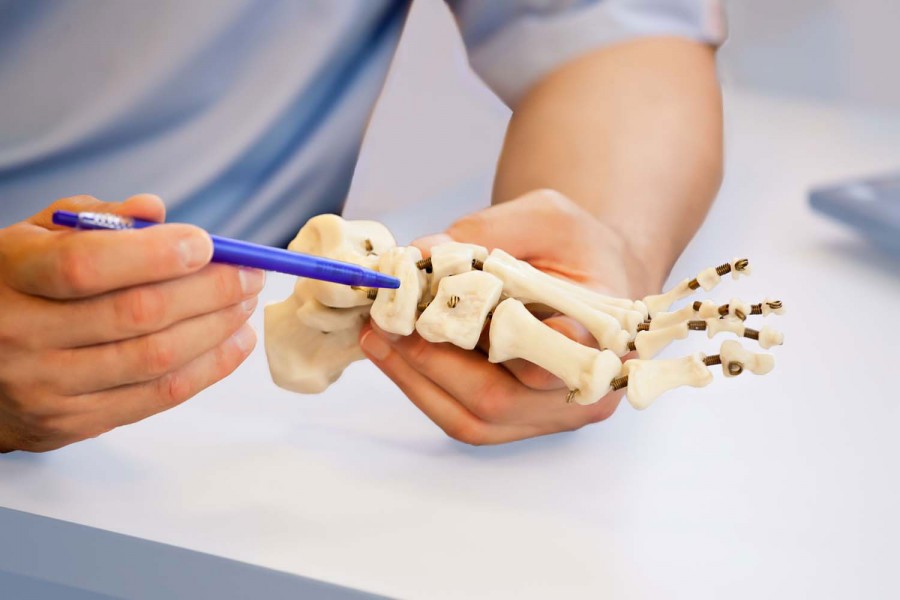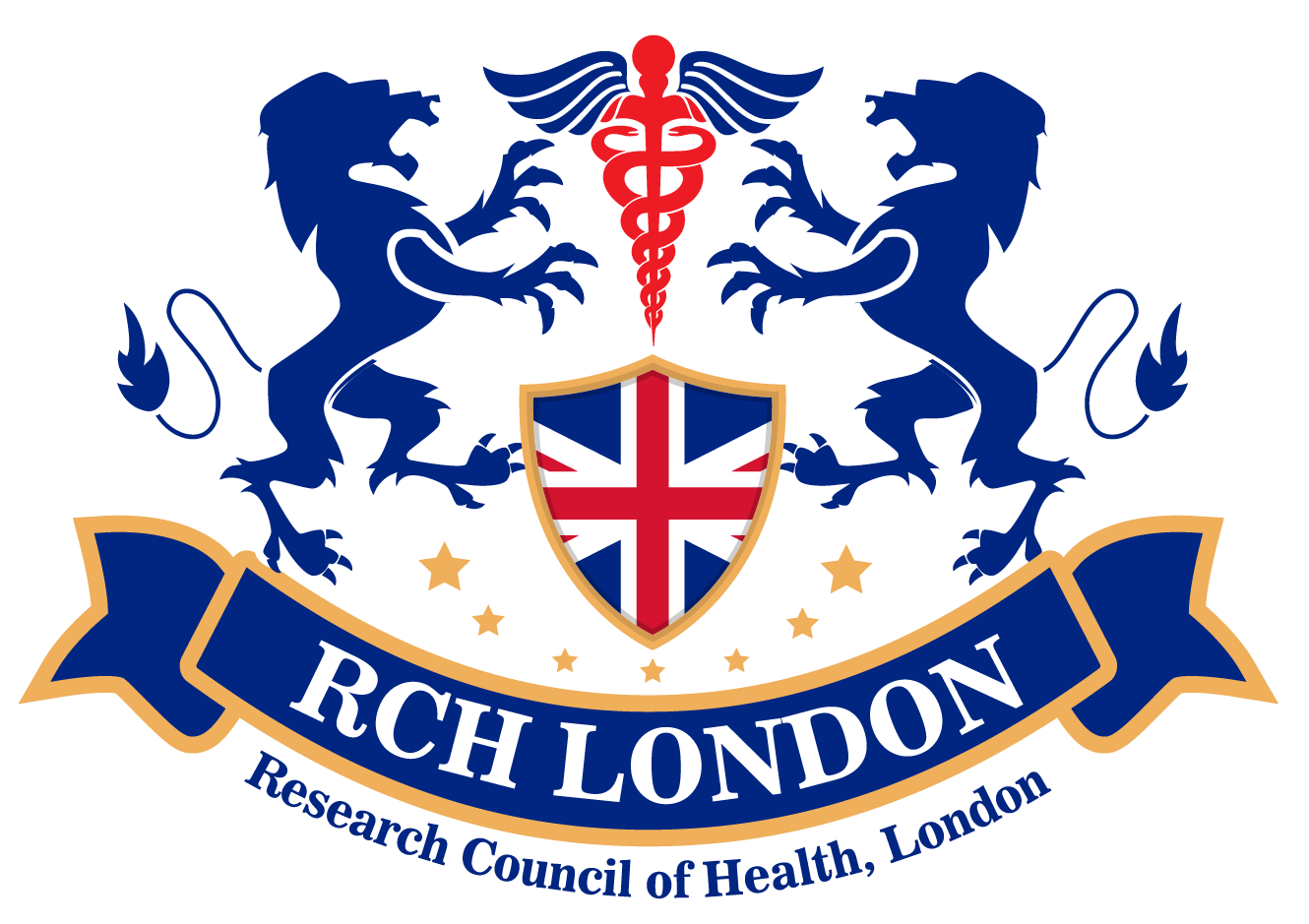


Diploma in Orthopaedics (D.Ortho)
Key Information Duration: 12 months / 24 months Fees: GBP £7500.00 / GBP £3999.00 / GBP £3999.00 Mode: Blended Learning
Course Key Points
Course Code: PGDORT-95106
Subject Area: Orthopaedics
Duration: 12 months
/ 24 months
Mode: Qualification
Credit: 240.00
Diploma in Orthopaedics provides the appropriate content for orthopaedic trainees and advanced therapists. Students gain the skills and qualification to compete for specialist posts in orthopaedics within the government established medical organizations and private practice. The clinical practice includes the clinical examination and evaluation of individual patients in order to prescribe and deliver the appropriate prosthesis or orthotic to each individual patient. The program aims to prepare specialists who have achieved competence in dealing with conditions involving the musculoskeletal system and are proficient in surgical and non-surgical means to treat musculoskeletal trauma, sports injuries, degenerative diseases, infections, tumours and congenital disorders. They should be capable to practice at the secondary and tertiary level of the health care delivery system by the time of completion of the program.
For 12 Months
Details : 12 months (120 Credits) - Full Time - Undertaking this Diploma programme is a serious commitment, requiring weekly contact hours in addition to numerous hours of independent learning and research in order to progress at the required level. When coursework or examination deadlines are approaching independent learning hours may need to increase significantly. FULL TIME (120 Credits ) BLENDED LEARNING FEES £3999.00
Fees : £7500.00
For 24 Months
Details : 24 months (240 Credits) Full-Time Undertaking this Diploma programme is a serious commitment, requiring weekly contact hours in addition to numerous hours of independent learning and research in order to progress at the required level. When coursework or examination deadlines are approaching independent learning hours may need to increase significantly. FULL TIME 240 Credits) BLENDED LEARNING FEES £7500.00
Fees : £2200.00
Details : Part Time - £2200.00 Per Year Part-time study options often mean that the number of modules taken is reduced per semester, with the full modules required to complete the programme spread over two academic years. Teaching is generally done during the day and part-time students should contact the course convener to get an idea of when these teaching hours are likely to take place. Timetables are likely to be finalised in September but you may be able to gain an expectation of what will be required. PART TIME BLENDED LEARNING £2200.00 Per Year

